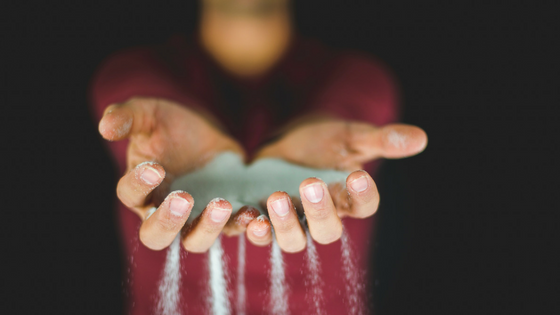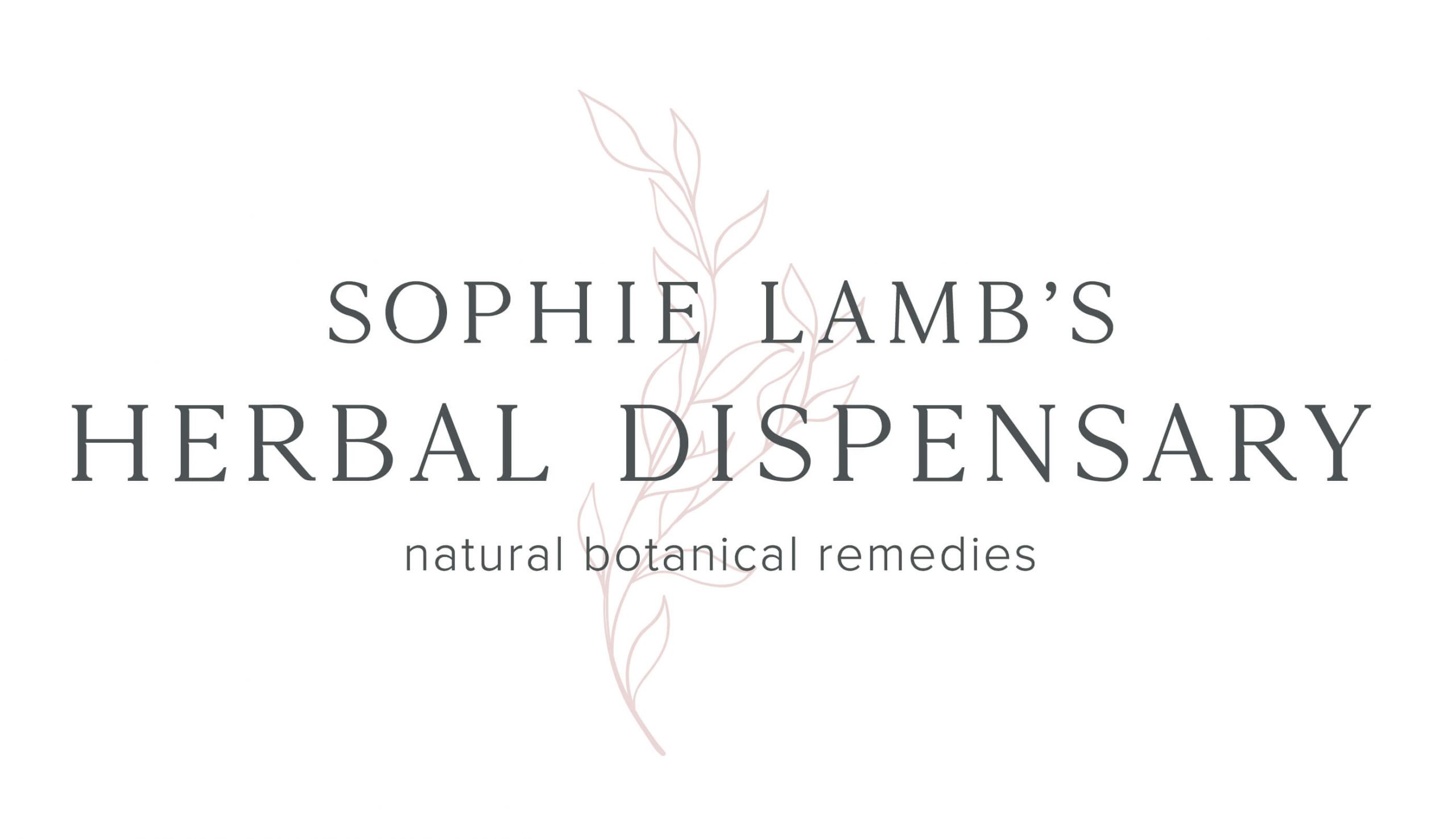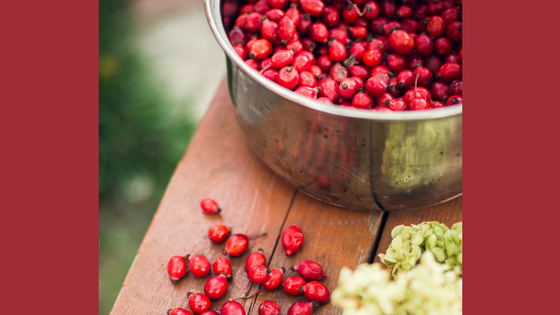
Shake out the salt if you want better sleep!
For nearly half a century, we have been told that eating salt is bad for us. This, after salt has been used throughout history – longer than 50 years – to savour (flavour?) our meals and preserve foods (my own mother-in-law still remembers food for the family being stored in salt barrels). Did you know that the word “salary” comes from Roman soldiers being paid, at least in part, in salt, such was its importance, particularly for land-locked regions. However, now, the powers that be in modern society have decided to put salt on the ‘danger-approach-with-caution’ foods’ list. In my view, that’s a mistake.
If I had a pound for every time a patient smiled with glee when I encouraged them to add more salt to their food, I would be rather rich by now. Having spent the last five years as a recovered insomniac myself and leading many others back to understanding how they can sleep better too, I have had the pleasure of explaining that cutting out salt is part of the dietary dogma which is contributing to an epidemic of insomnia.
Adding his voice to many other scientists, who know this advice to be wrong, is leading cardiovascular research scientist Dr James DiNicolantonio. He has exposed the tenuous link between salt and heart disease in his new book, The Salt Fix. Not only is there no sound evidence to back up the hypothesis that salt increases blood pressure but, to the contrary, his research shows clearly that low salt diets increase the risk for developing diabetes which increases the risk of developing serious cardiovascular disease! Want to know more? The shady story of how the salt theory became “science” can be read here: http://www.dailymail.co.uk/health/article-4546722/Salt-won-t-heart-attack-says-scientist.html
Although the current dietary guidelines limit salt to just under a teaspoon per day (or the equivalent 2.4 grams of sodium), countries which consume nearly twice that have some of the lowest rates of hypertension and cardiovascular disease.
I frequently see patients who crave crisps and eat one packet most days (this is a big mistake as one 30g packet of crisps contains about 10g of vegetable oil, multiply that by 365 days and that’s nearly 4 litres in vegetable oil from crisps alone each year. Now if you want to know who the real ‘bad food’ guy is in modern society, it’s vegetable oil: read any of Dr Ray Peat’s work and you will know vegetable oil is bad news for the thyroid, metabolism and sleep. The craving for crisps is simply a response to the body’s need for salt in disguise and once my patients salt their meals properly this unhealthy craving for crisps simply vanishes.
Research suggests about 1 and 1/3 to 2 and 2/3 of a teaspoon of salt per day is optimal for health.
Now what does salt restriction have to do with sleep? Well there is a little-known fact that salt has a calming effect on the nervous system as it helps to inhibit the release of adrenaline produced by the adrenal glands. Adrenaline is a fight or flight hormone and can be responsible for anxiety, shakiness, cold sweaty hands, palpitations and mental alertness – not exactly something you want in high amount at night.
Research linking low salt to high adrenaline shown below.
Salt is something I have noticed, for a long time now, helps me personally have a more restful night sleep and with less visits to the loo too. I often advise patients to dip some carrot sticks in a little salt in the evening or even to have 1/4 teaspoon with a small glass of orange juice.
My advice? Try to become intuitive about the foods that your body is asking for. Salt your food according to taste and, please, remove the “naughty” tag you have of salt in your mind – it’s not the bad guy you think it is.
Sophie
Post a Comment
You must be logged in to post a comment.




